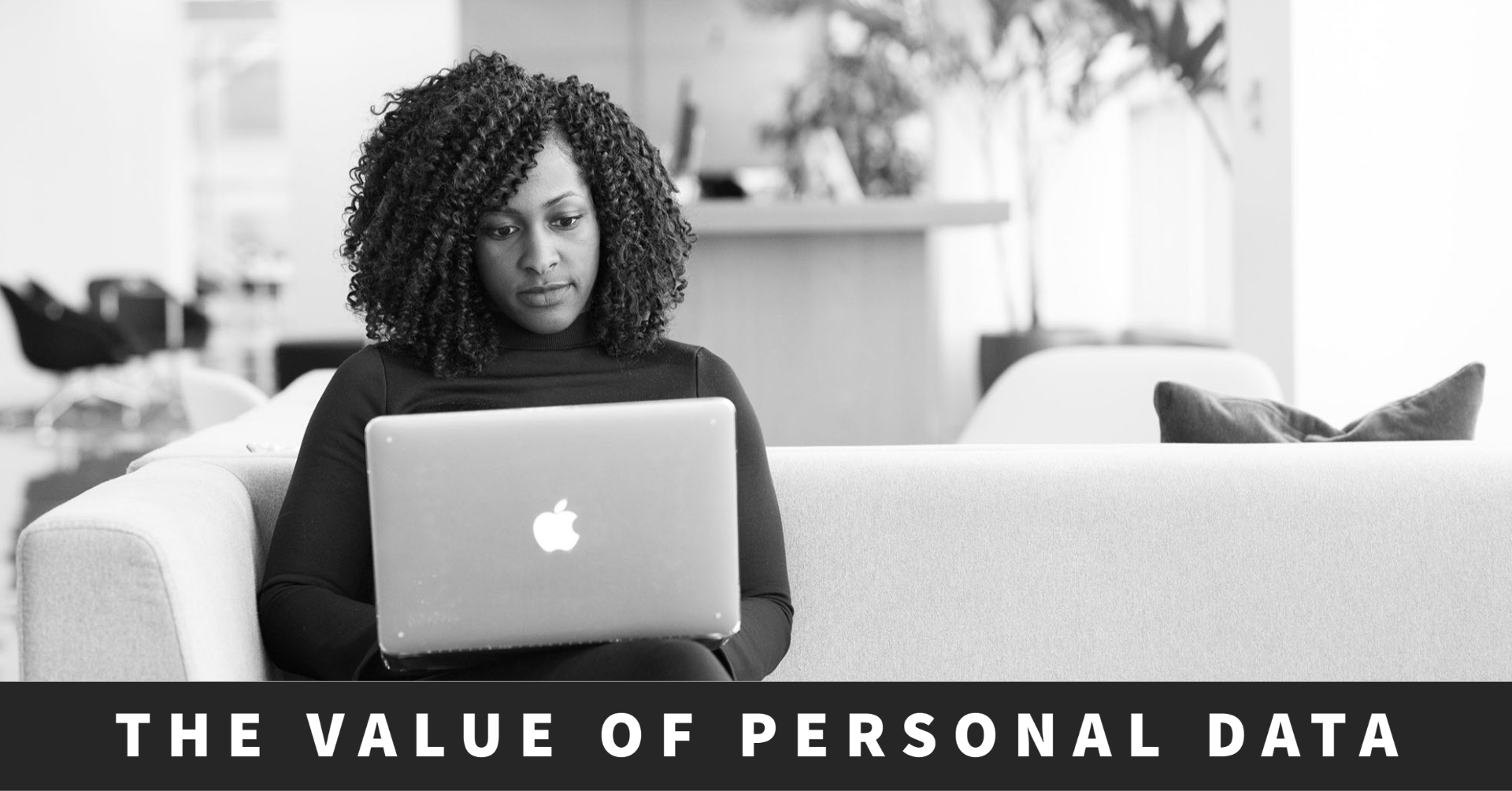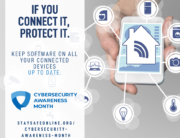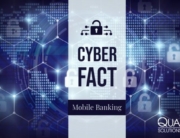Today in the midst of growing instances of identity theft, take a moment to consider the worth of personal data.
What’s Mark Zuckerberg worth?
Short answer is a lot; $77.5 billion to be exact. And a lot of his money comes from the value of the digital fingerprints we leave behind as we go about our daily routines. Companies like Facebook, Google, Amazon and others routinely gather what they call “passive” data—not something we generate consciously—about our online habits: what we buy, websites we visit, our online searches, even the books we check out online from our local library. That’s all data—data about us—and its valuable.
What’s data worth?
To companies capturing passive personal data, it’s big business. The world produces 2.5 quintillion bytes of data each day, and 90% of all the data that has ever been produced in all of history happened in just the last two years. According to the European Commission, the value of personalized data in 2020 is nearly $1.2 trillion.
What’s my data worth?
Mining personal data is a gold rush for many companies. But what does it mean for individuals? That’s harder to calculate. In 2015, Comcast paid $100 to each victim of a data breach. Victims had paid a fee to Comcast to keep their data privacy. By most accounts, this was a first because it actually valued an individual’s personal data that was hacked at $100. So, what’s your data worth? There are examples of people auctioning their personal data on eBay and Craigslist. But maybe a better way to look at the value of personal data is to see it as the value of your personal privacy. What would it cost you if someone hacked your accounts and stole your identity? What if they impersonated you on your social media accounts, alienating your friends and family? How much is your reputation worth? All of these are worth protecting and “valuing.” And perhaps that’s where we all can find the true value of our data.






